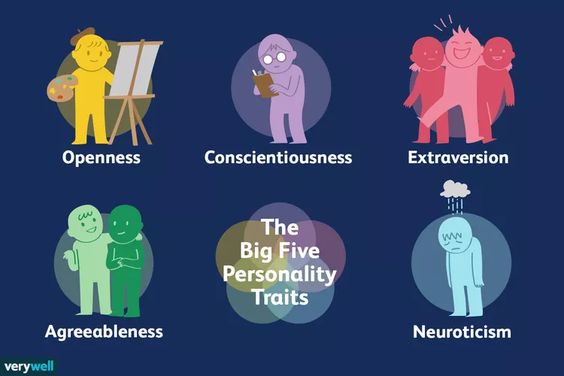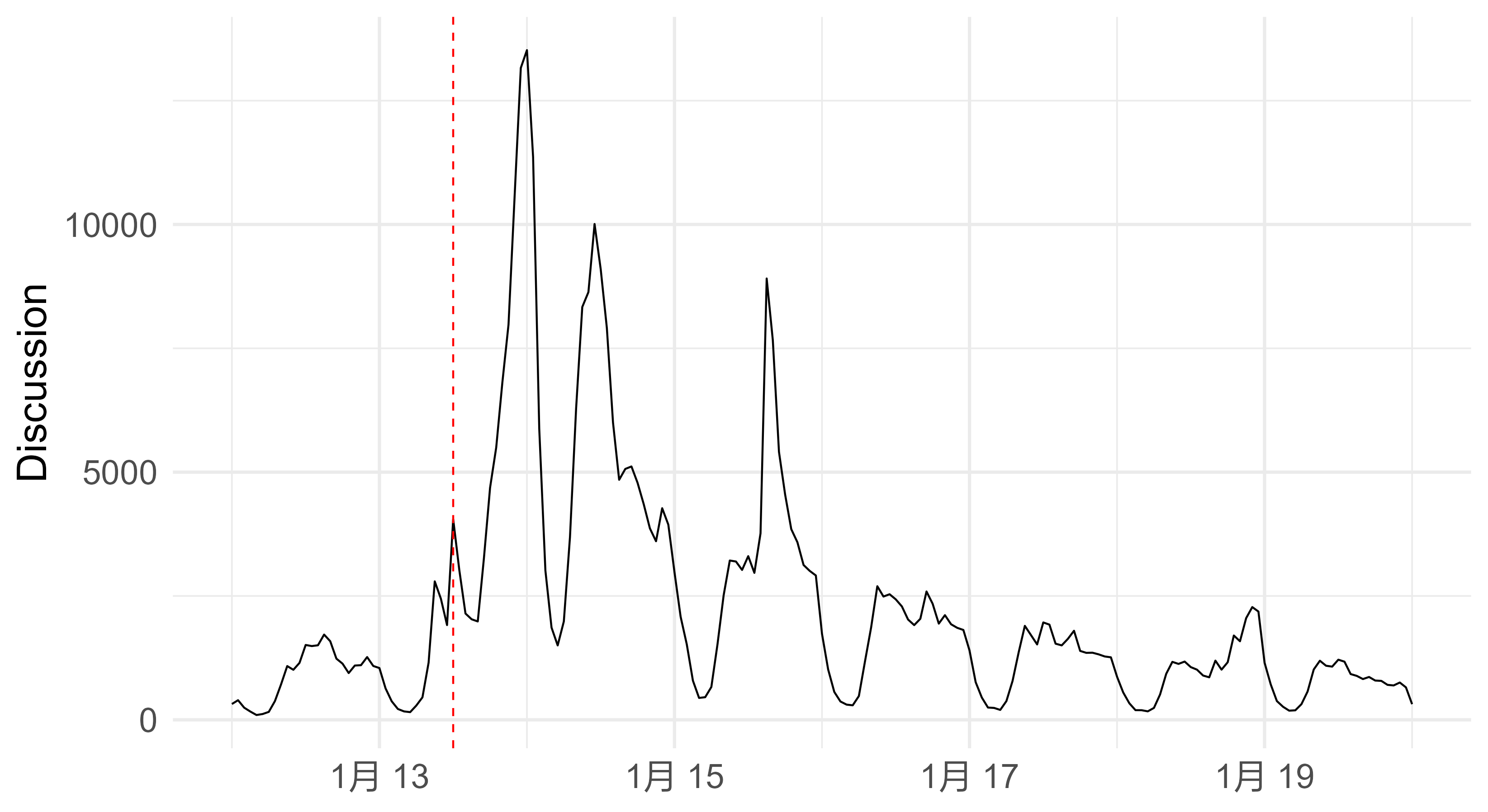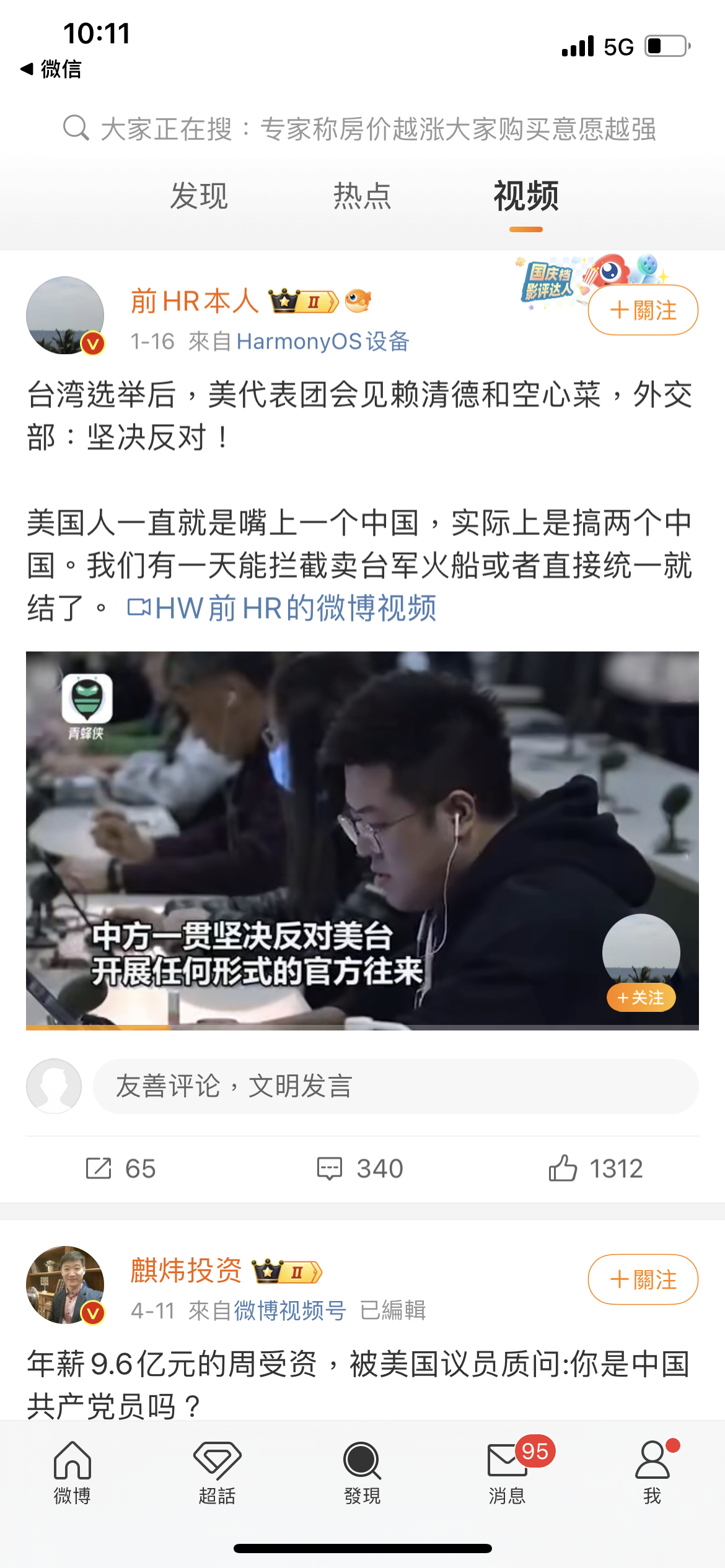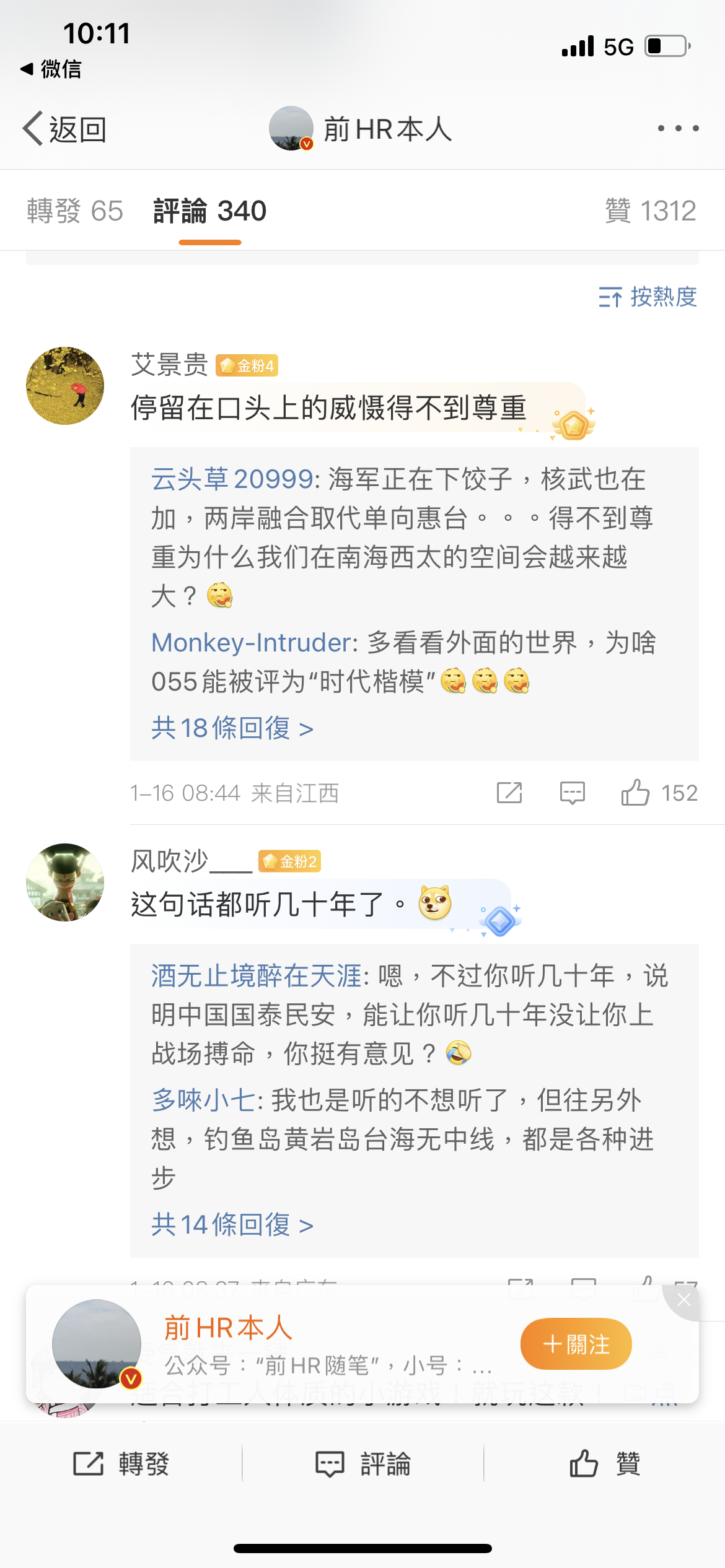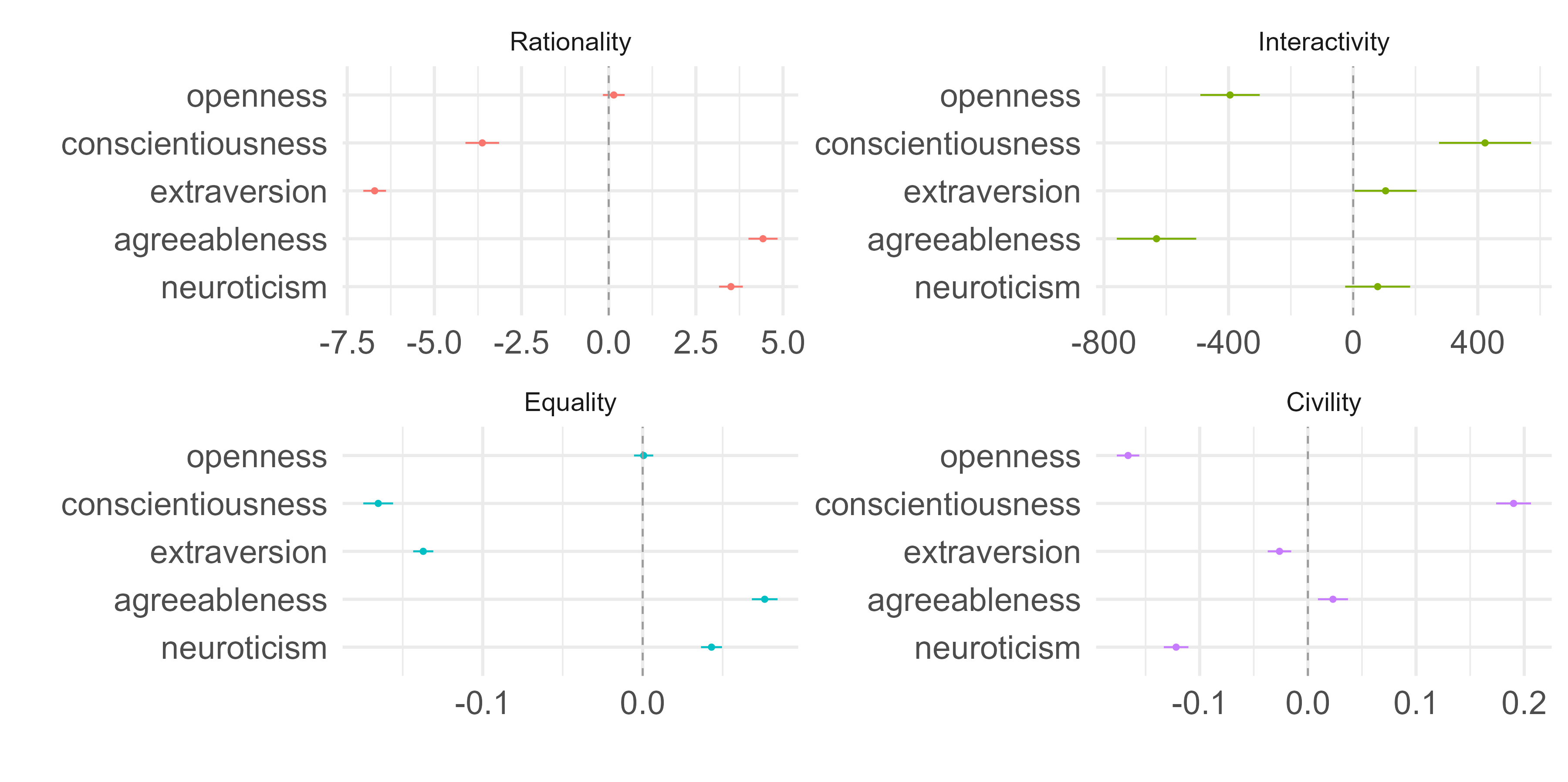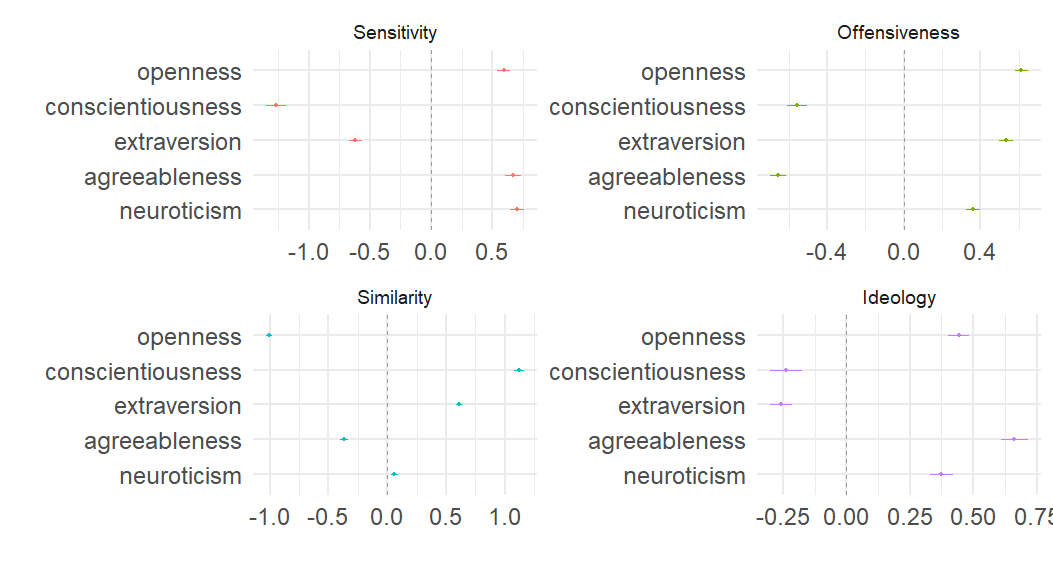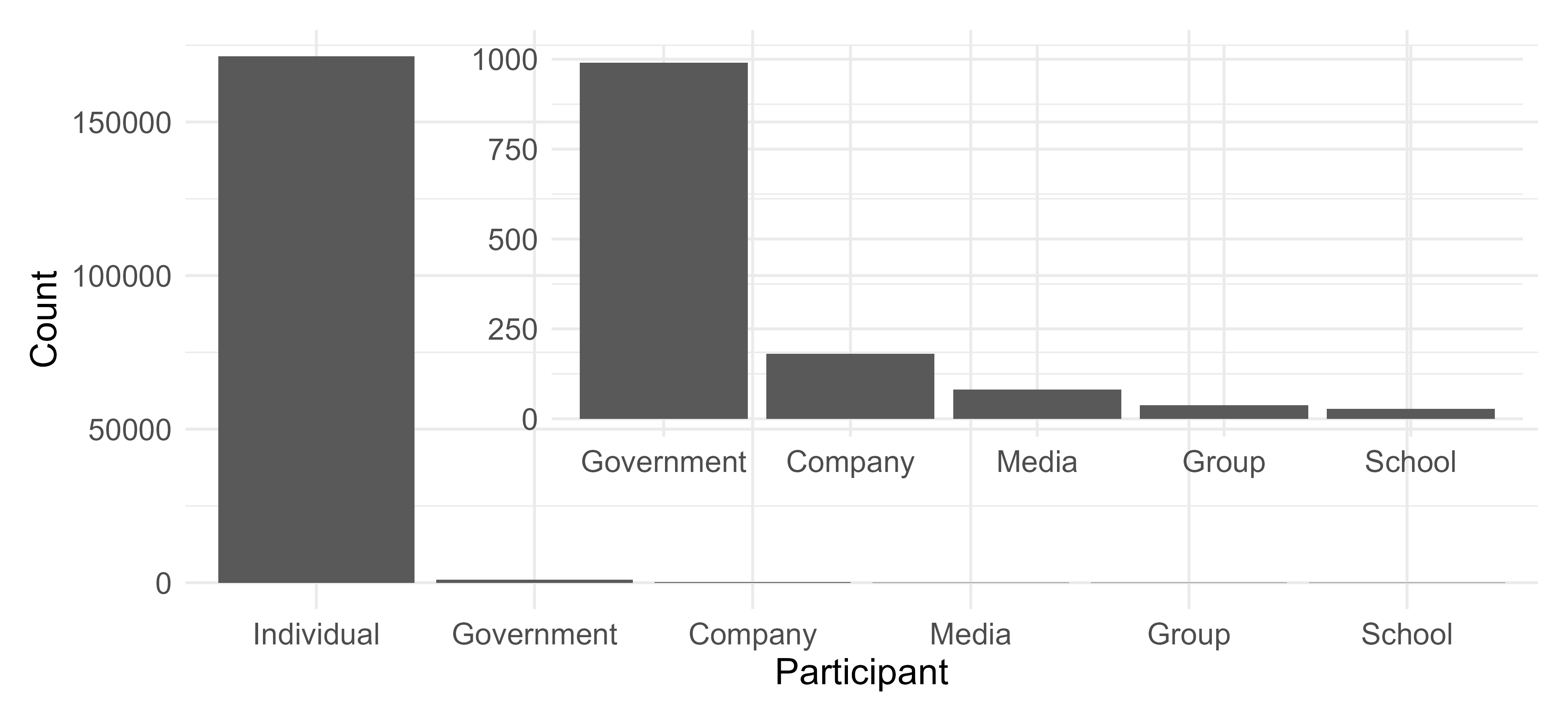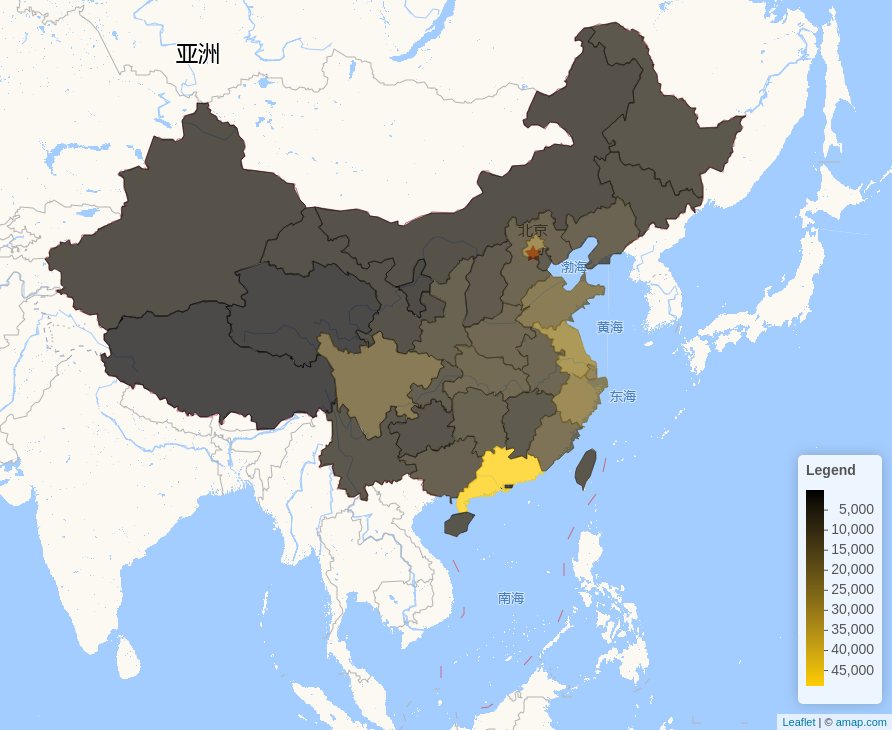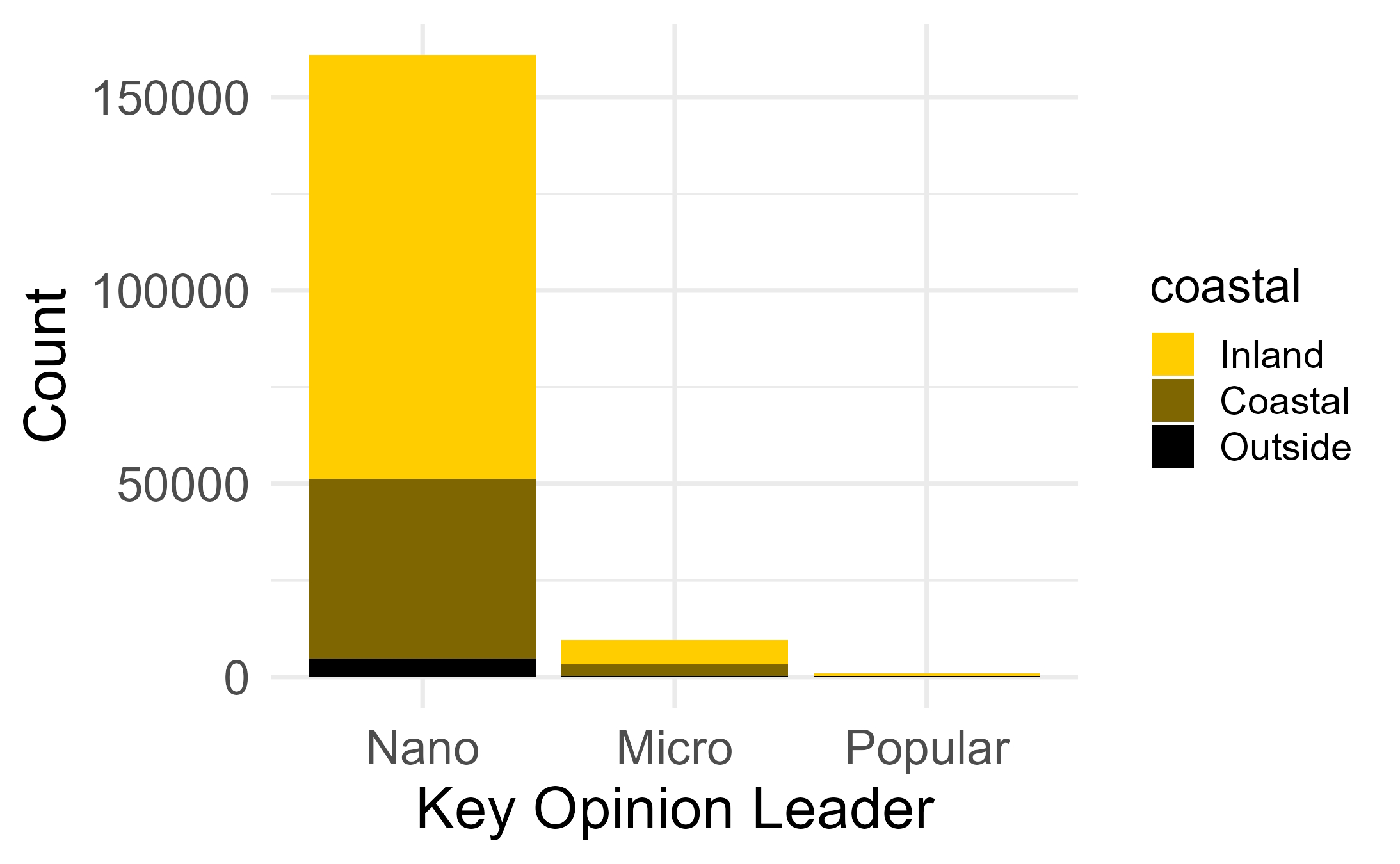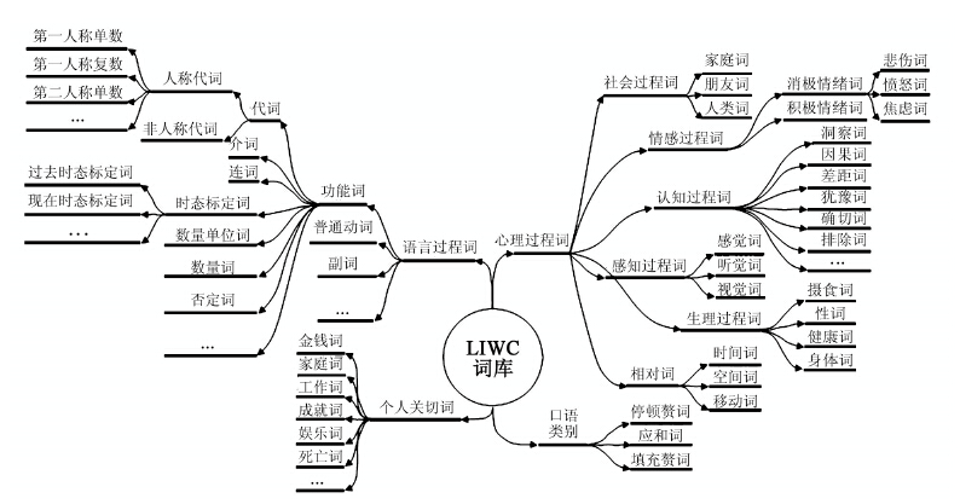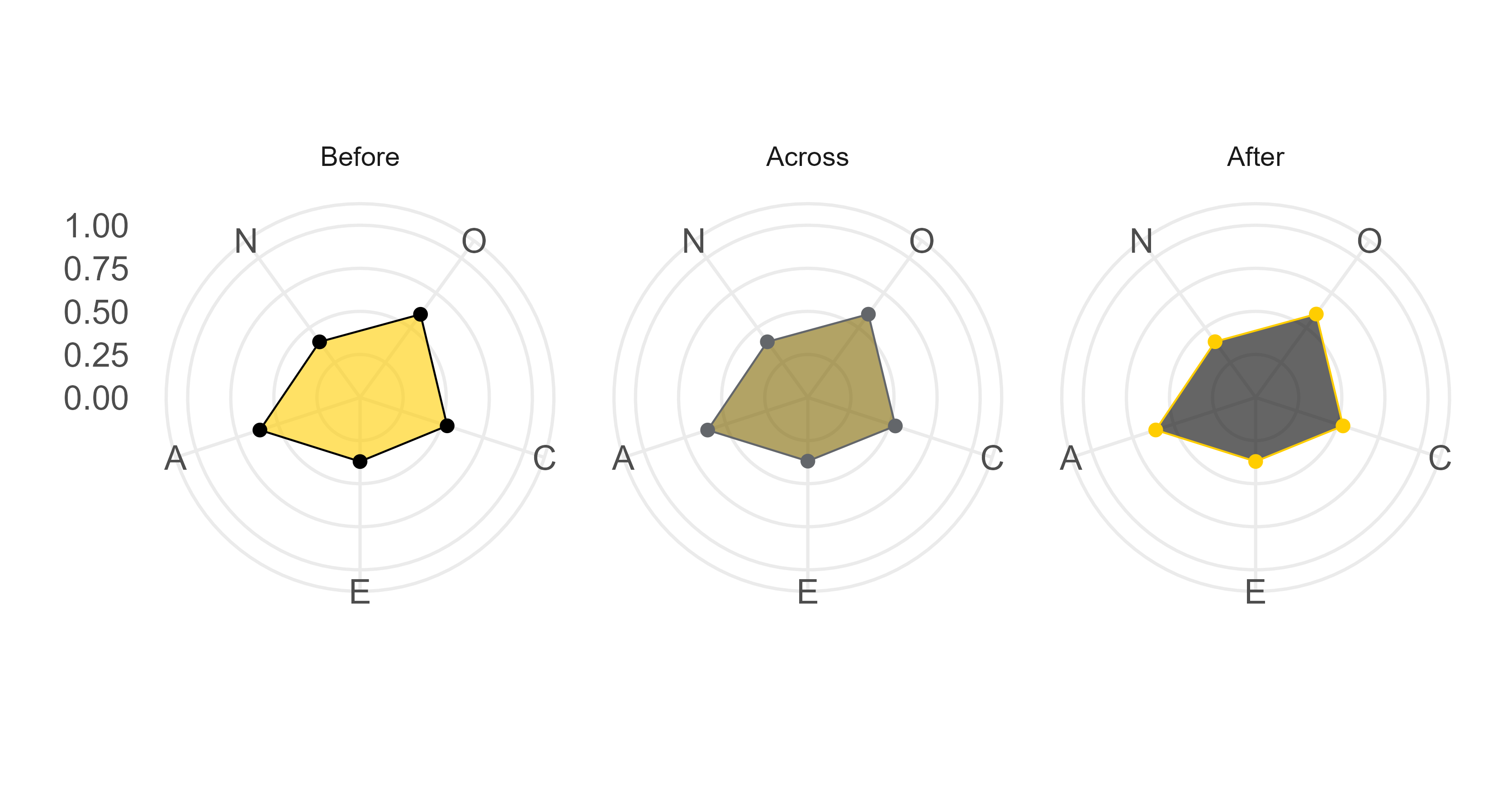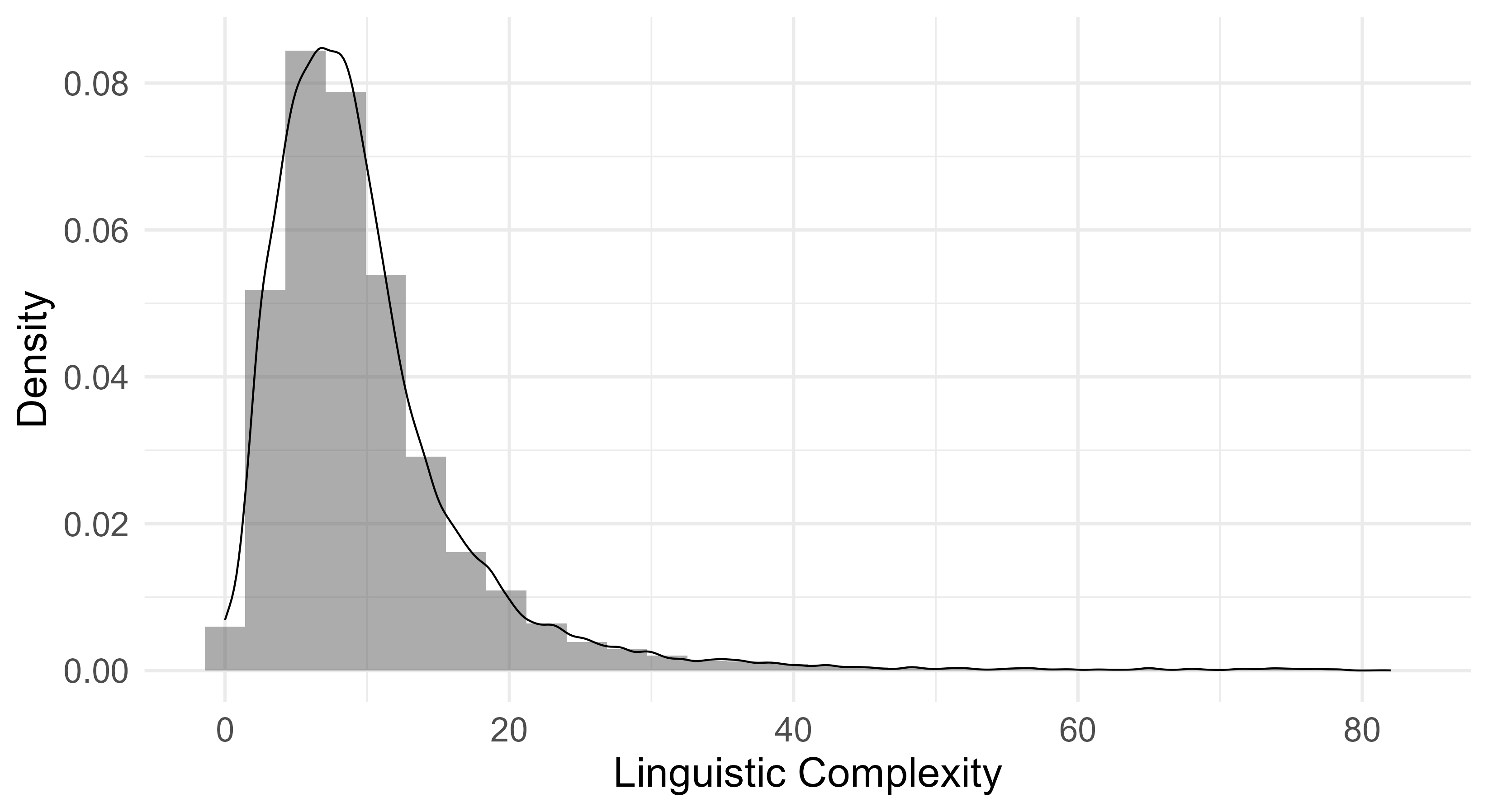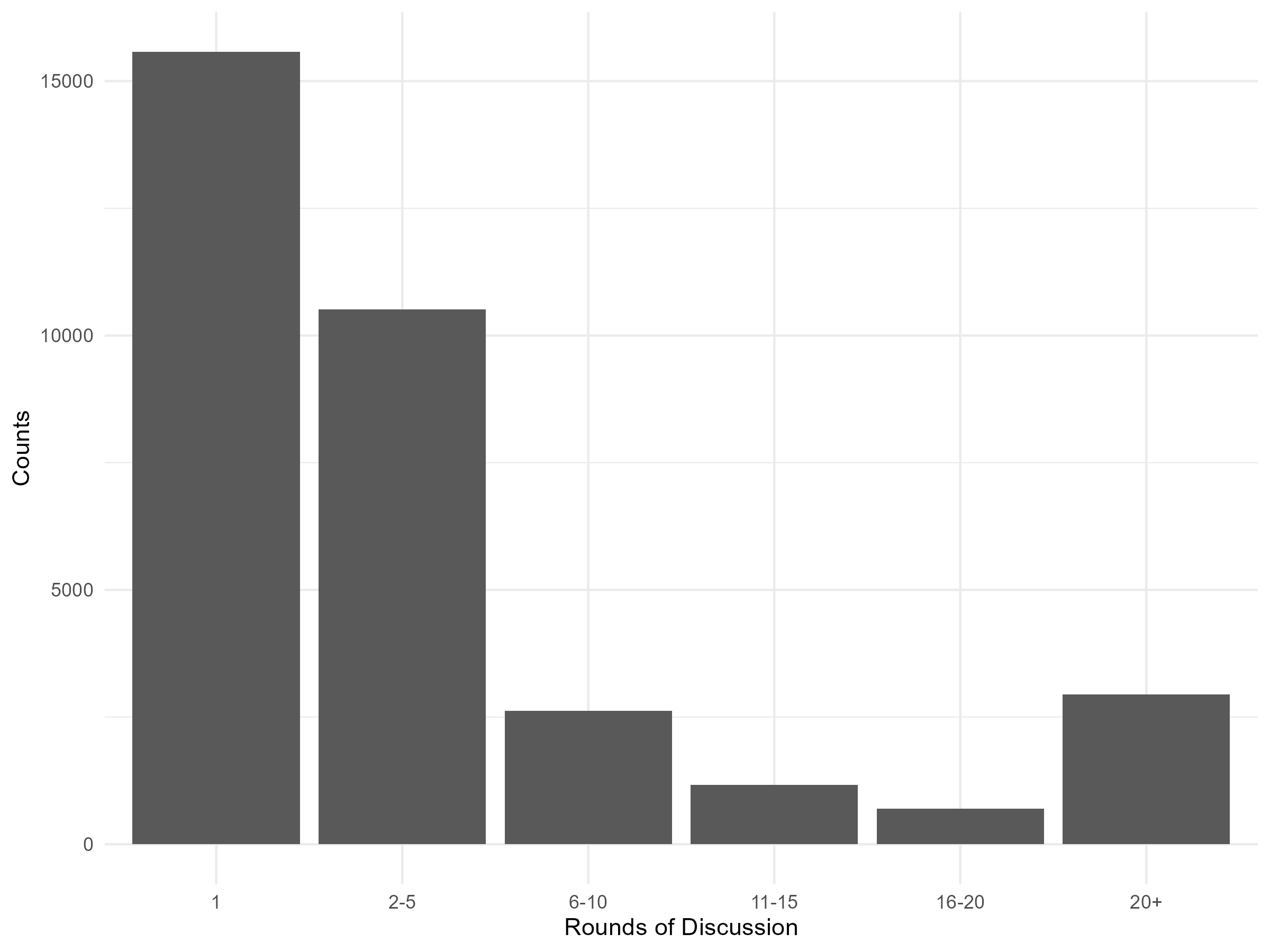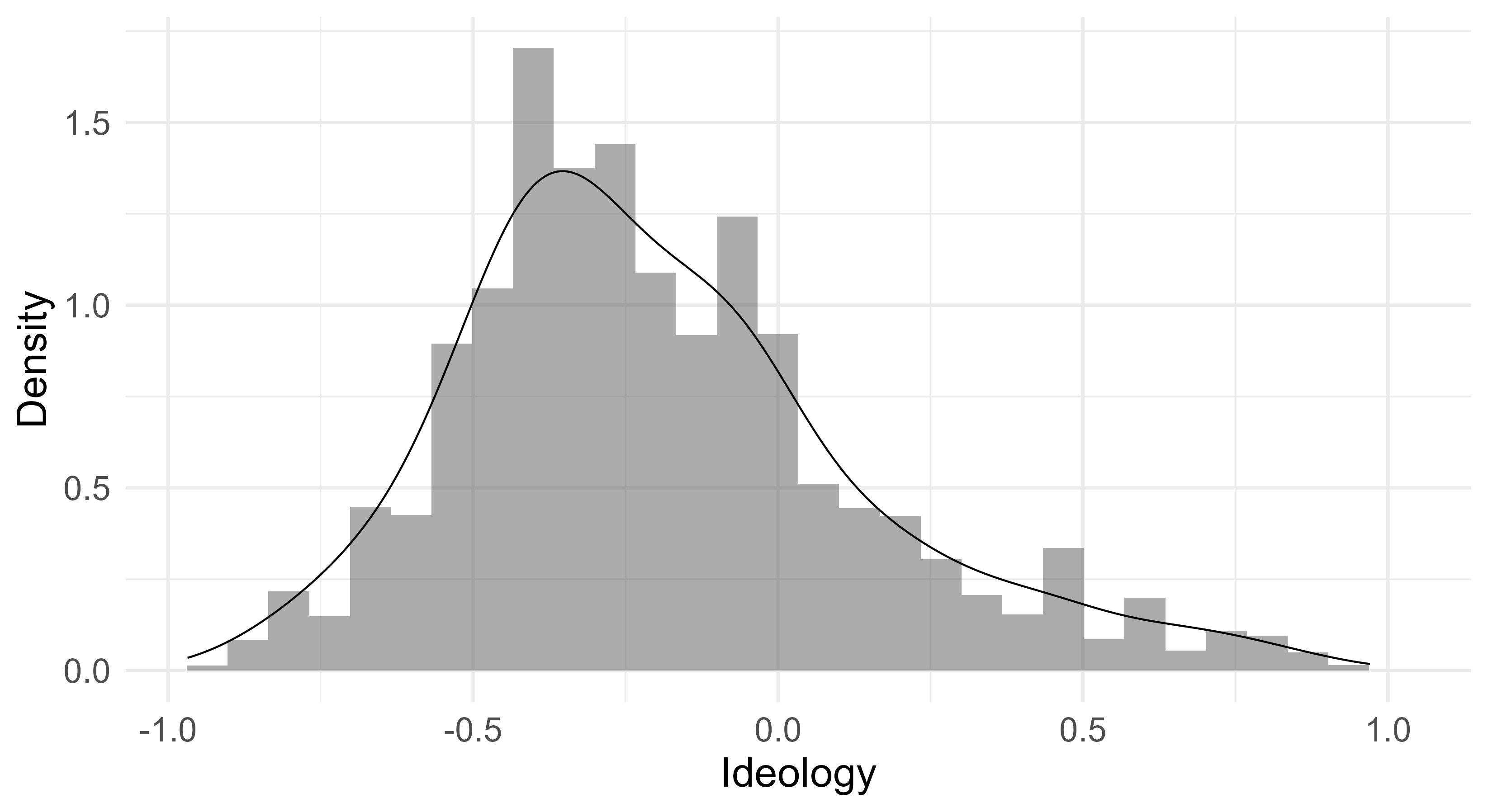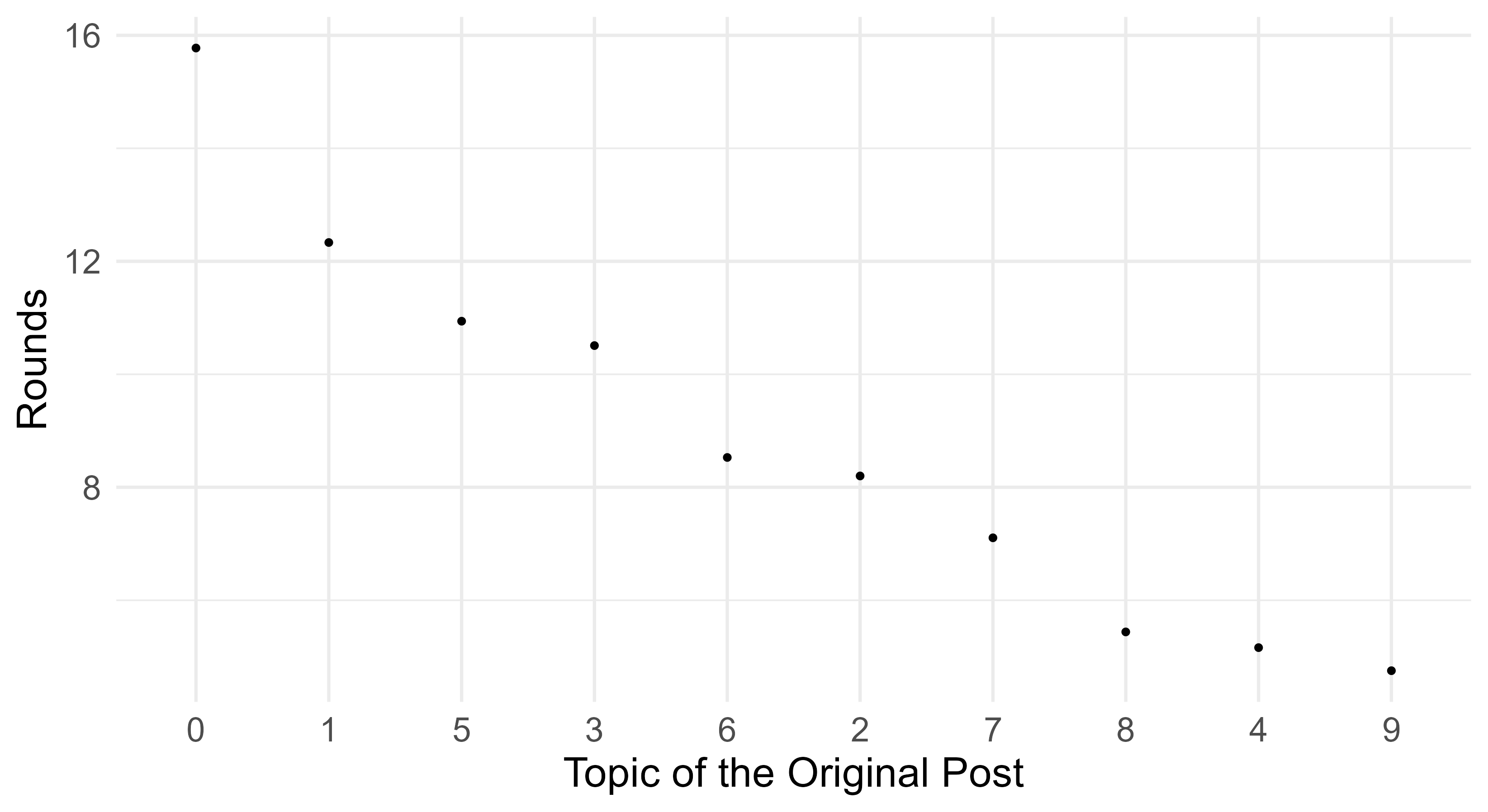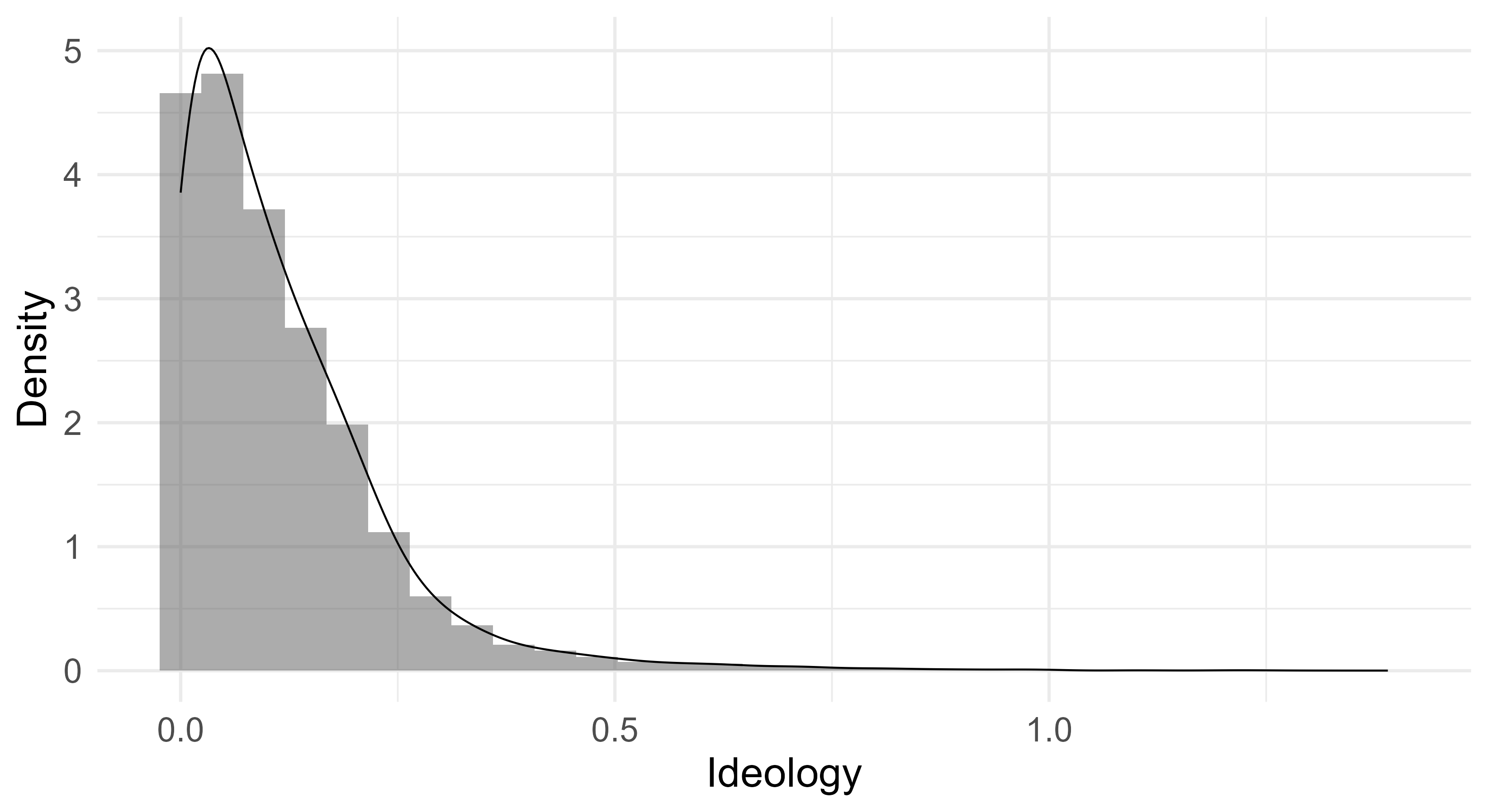Personality and Civic Quality in Political Discussions
A Psychologial Analysis of Chinese Data
Tsinghua University
CUHK, Shenzhen
CUHK, Shenzhen
Nowadays political participations
- 60% in 12 surveyed nations post somethings about political or social topics in social media (Gubbala 2022)
- 50% in South Korean people sometimes or often post or share political issues in social media (Gubbala 2022)
- 73% online activists are also active offline (Brady 2009)
- 73.7% Internet penetration rate in China
Online political discussion has become the “strongest predictor” and a “gateway” for offline political engagement (Wojcieszak 2009, 573; See also Conroy, Feezell, and Guerrero 2012; Harlow 2012; Wang 2007)
Online participation: Known and Unknown
⇒ Debate ❓
Empower democracy
(Cai and Zhou 2019; Yang 2003; Xu, Ye, and Zhang 2018)
VS.
Techno-utopianism
(Morozov 2010; Han 2015; Leibold 2011; Shen et al. 2009)
⇒ Delibration ❓
What political dynamic emerges from online political participations?
↓
🔑 Discussion Quality
Psychological Explanation
Personality to Discussion Quality
| Personality | Rational | Interactive | Equal | Civil | Constructive |
|---|---|---|---|---|---|
| Openness | + | + | + | ||
| Conscientiousness | - | + | |||
| Extraversion | + | ||||
| Agreeableness | + | + | + | ||
| Neuroticism | - | - |
Case Selection
Measurements
Outcome proxies (Friess and Eilders 2015):
- Rationality ← Topic relevance + linguistic complexity
- Interactivity ← Reply rounds
- Equality ← Ideological polariziation
- Civility ← Disrespectful language
Explanatory variable
- Text → LIWC matching → personality (Tausczik and Pennebaker 2010)
\[Score = \sum_{i=0}^{n} c_i v_i,\] \(c_i\): Matching coefficient; \(v_i\): Value of the corresponding factor in LIWC
Personality on Quality
Conclusion
- Openness and extraversion do not contribute to the quality of political discussion as expected
- Strong traits leads to more civil discussions.
- Empowerment is at least partially true.
Digitization → deliberation & modernization
Thank you
Reference
Appendix
Case Selection
Civic quality of political discussion
Criteria
- Rationality
- Interactivity
- Equality
- Civility
- Constructiveness
Determinants
- Institutional (Aarts and Thomassen 2008; Dahlberg, Linde, and Holmberg 2015; Ezrow and Xezonakis 2011; Linde and Erlingsson 2013; Magalhães 2016)
- Cultural (Dewey 1954; Jürgen Habermas 1998; Warren 2017)
- Psychological
Strait Watchers
Measurements
Correlation projection (Salsabila and Setiawan 2021):
\[Score = \sum^n_{i = 1}c_iv_i,\] where \(n\) is the number of words in an entry, \(c_i\) is the coefficient, and \(v_i\) is the value of the corresponding factor in the LIWC result.
Modified Fog Index:
\[R = \frac{N + P}{2},\] where \(N\) the average number of words per clause, \(P\) is the proportion of adverbs and conjunctions in each sentence.
- LDA topic identification
- Conservative left (-1) ↓ liberal right (+1)
- Close-reading coding
- Polarization: variance of ideology

